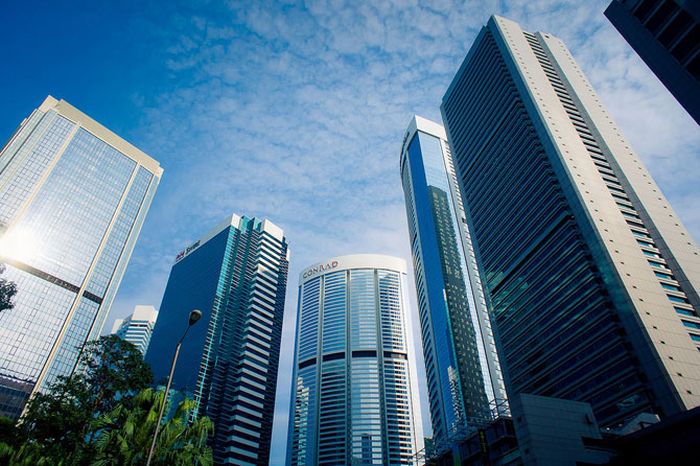|
|
Infrared Photography, Hong Kong, China
|
Governance
In accordance with the Sino-British Joint Declaration, and the underlying principle of one country, two systems, Hong Kong has a "high degree of autonomy as a special administrative region in all areas except defence and foreign affairs." The declaration stipulates that the region maintain its capitalist economic system and guarantees the rights and freedoms of its people for at least 50 years beyond the 1997 handover. The guarantees over the territory's autonomy and the individual rights and freedoms are enshrined in a constitution, the Hong Kong Basic Law, which outlines the system of governance of the Hong Kong Special Administrative Region, but which is subject to the interpretation of the Standing Committee of the National People's Congress (NPCSC).
The primary pillars of government are the Executive Council, the civil service, the Legislative Council, and the Judiciary. The Executive Council is headed by the Chief Executive who is elected by the Election Committee and then appointed by the Central People's Government. The civil service is a politically neutral body that implements policies and provides government services, where public servants are appointed based on meritocracy. The Legislative Council has 60 members, half of which are directly elected by universal suffrage by permanent residents of Hong Kong according to five geographical constituencies. The other half, known as functional constituencies, are directly elected by a smaller electorate, which consists of corporate bodies and persons from various stipulated functional sectors. The entire council is headed by the President of the Legislative Council who serves as the speaker. Judges are appointed by the Chief Executive on the recommendation of an independent commission.
The implementation of the Basic Law, including how and when the universal suffrage promised therein is to be achieved, has been a major issue of political debate since the transfer of sovereignty. In 2002, the government's proposed anti-subversion bill pursuant to Article 23 of the Basic Law, which required the enactment of laws prohibiting acts of treason and subversion against the Chinese government, was met with fierce opposition, and eventually shelved. Debate between pro-Beijing groups, which tend to support the Executive branch, and the Pan-democracy camp characterises Hong Kong's political scene, with the latter supporting a faster pace of democratisation, and the principle of one man, one vote.
|
|









